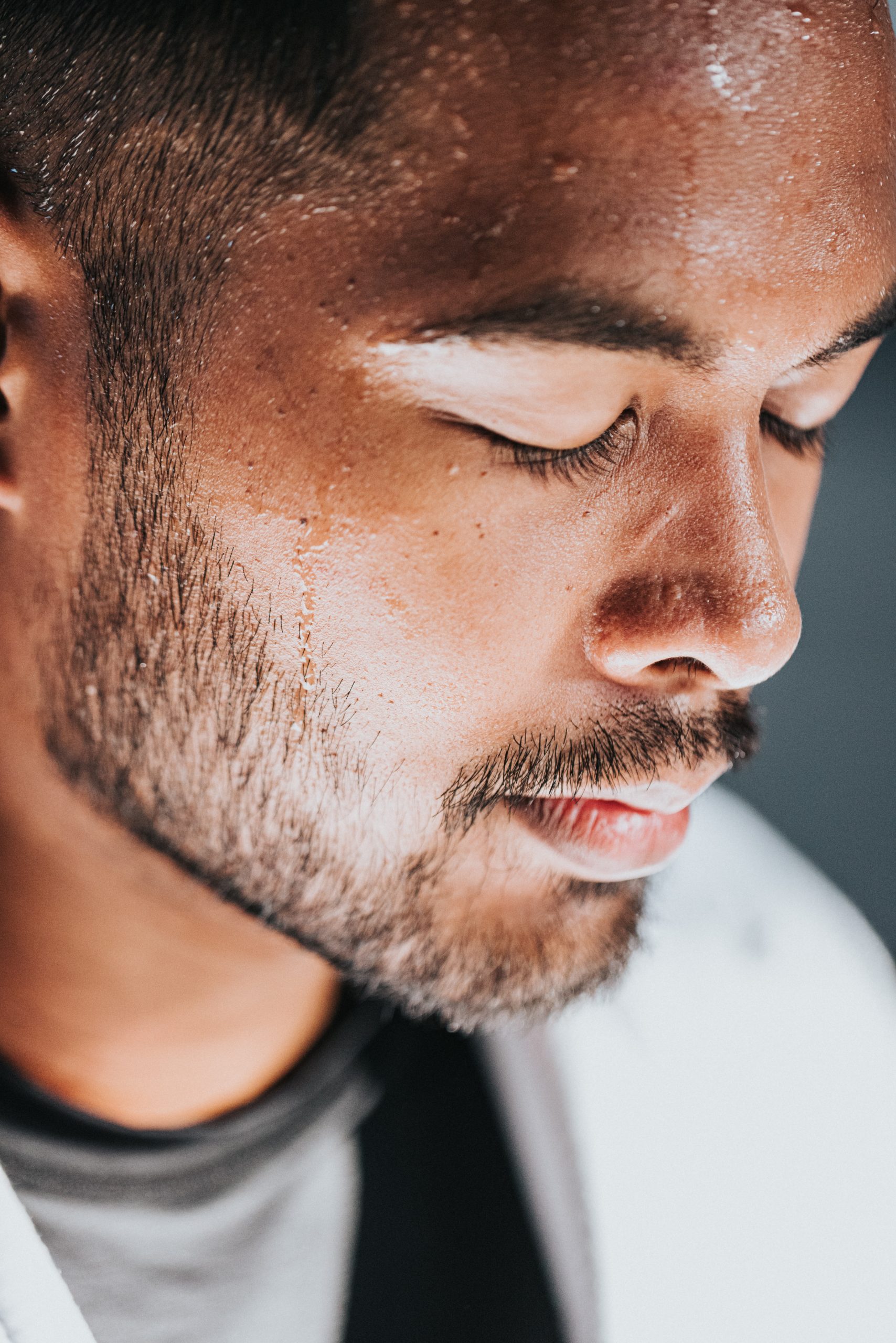Why isn’t the fan making me cooler?
This is an odd post. It’s about hitting an invisible barrier, one you don’t see until suddenly, things don’t work the way they’re supposed to.
When I see an article with the title “Fans Can Make you Hotter”, it’s an automatic click for me. I rely on fans in every room of my home during most of the year to keep air circulating and help keep the air cooler. How could fans ever make me hotter?
Well, we’re talking about extreme heat here: in an experiment, it was shown that fans used on volunteers in dry heat of 115 deg F heat index was more uncomfortable and detrimental than fans used on volunteers in humid heat with a heat index of 133 deg F. In the first scenario, the lack of humidity in the circulating air caused their body temperature, strain on the heart, and thermal discomfort to increase. In the hot and humid scenario, though, fans actually lowered body temperature and made them more comfortable.
It’s not hard to understand why: think about a convection oven. Above a certain temperature (104 deg F), dry air will start to impart its heat back to you, instead of whisking away heat from your skin. Turning on a fan will only speed up the shift of hot air into the body, making you feel warmer, and potentially raising your body temperature to unhealthy levels.
In most parts of the US, dry heat like this is not a problem, but some areas of the west may certainly find it happening: garages, attics, and enclosed, unconditioned spaces quickly elevate in temperature and if there’s no humidity, be very careful of working there. A fan in these conditions can hasten heat-related injury. Here are some tips to stay safe:
If necessary to work in these conditions, wet clothing and make a wet headcovering so that the evaporation of water will cool you down.
Take frequent breaks in a cool place (at least every 15 minutes)
Drink more water than normal and consume electrolytes
In this case it’s not the humidity, it is the heat!
Photo by Nathan Dumlao on Unsplash

